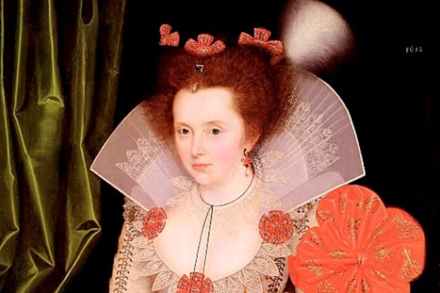Gothic horror, German-style
Many of our favourite folk tales have lost much of their original Gothic horror in later versions. By contrast, Daniel Kehlmann’s retelling of the legend of Ulenspiegel, moved to the 17th century, is full of nightmares. Worse than imaginary fears awaiting travellers in the forest are real ones: hunger, cold, war, plague, torture ‘more refined and dreadful than anything the great painters of the inferno had dreamed’. These descriptions invite comparisons with Charles de Coster’s famous 1867 novel; but if in the latter the hero fights for freedom, here he juggles many things, sometimes literally. Tyll the folklore character becomes an itinerant entertainer and court jester able to provoke and





















